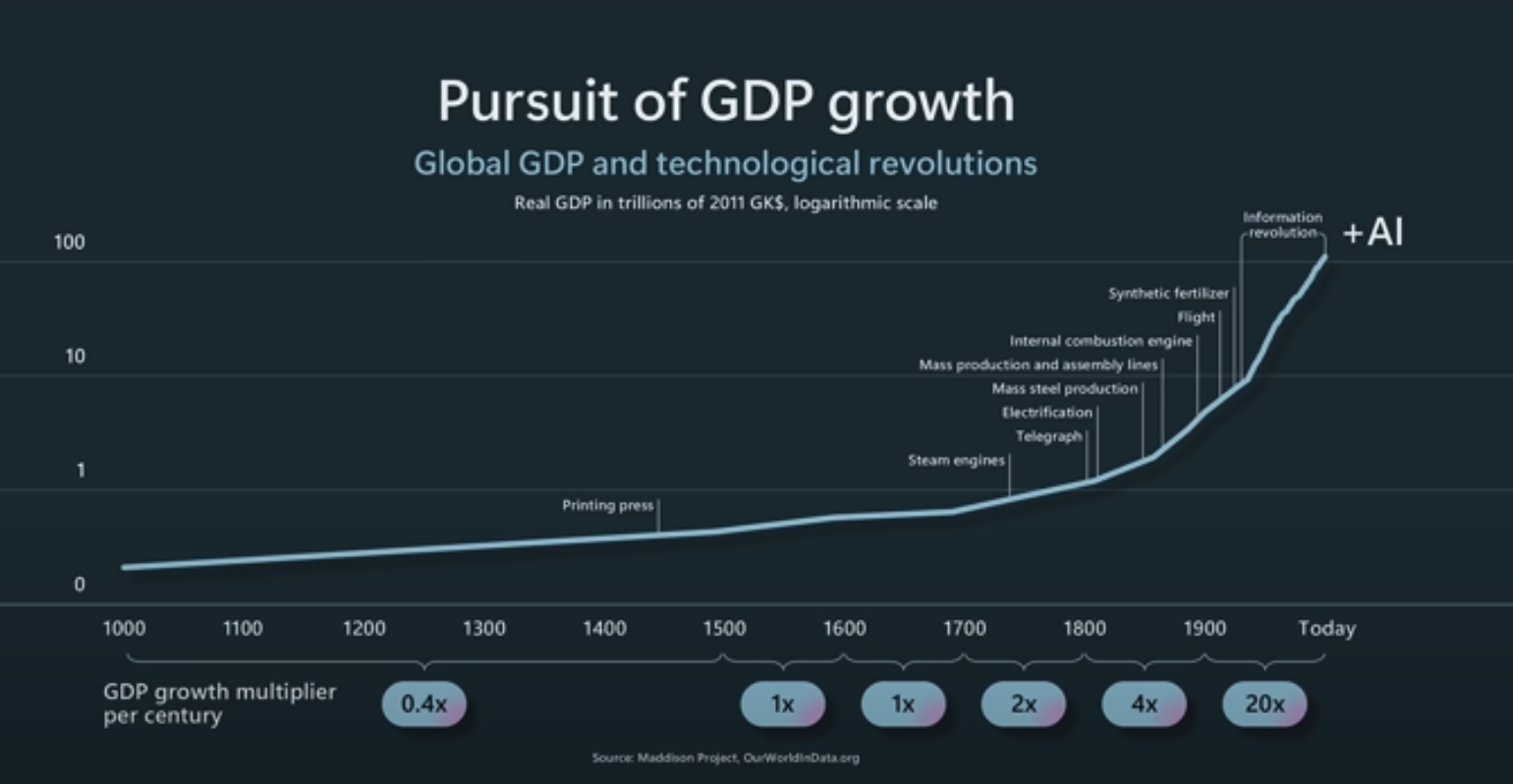The academic discipline of computer science emerged in the 1960s, with a focus on programming languages, compilers, operating systems, and the mathematical theories supporting these areas. Theoretical computer science courses covered finite automata, regular expressions, context-free languages, and computability. In the 1970s, algorithm studies became a significant component of the field, emphasizing the practical applications of computers.
Today, there is a fundamental shift towards a wide range of applications. Numerous factors contribute to this change, including the convergence of computing and communication technologies, the increased capacity to observe, collect, and store data in various fields, and the rise of the internet and social networks as integral parts of daily life. These developments present both opportunities and challenges for theoretical computer science. While traditional areas remain crucial, future researchers will increasingly focus on utilizing computers to extract valuable information from massive datasets generated by applications, rather than solely on solving well-defined problems. Consequently, there is a need for building a toolbox (a repertoire of techniques) to address the theoretical knowledge expected to be relevant in the next 40 years, just as the understanding of automata theory, algorithms, and related topics provided an advantage in the past 40 years. One notable shift we are seeing is the increasing emphasis on probability, statistics, and numerical methods for needed for algorithms that extract value out of big amounts of data.
In some of the posts, I will try to explore enduring concepts and ideas that have withstood the test of time. I will investigate intriguing and relatively straightforward notions that form the foundations of data algorithms for creating intelligent data products. These concepts are, to some extent, non-obvious, even to well-trained computer scientists, as they are not typically found in traditional computer science textbooks. Overall, together we will explore mathematically rigorous definitions for some of the central problems, ideas, and algorithms for building intelligent systems and data products.
Pursuit of the Dream Machine: All of this brings us to idea that computers have always been bicycles for mind and that Net positive impact that technology can have on society as well as create abundance.


